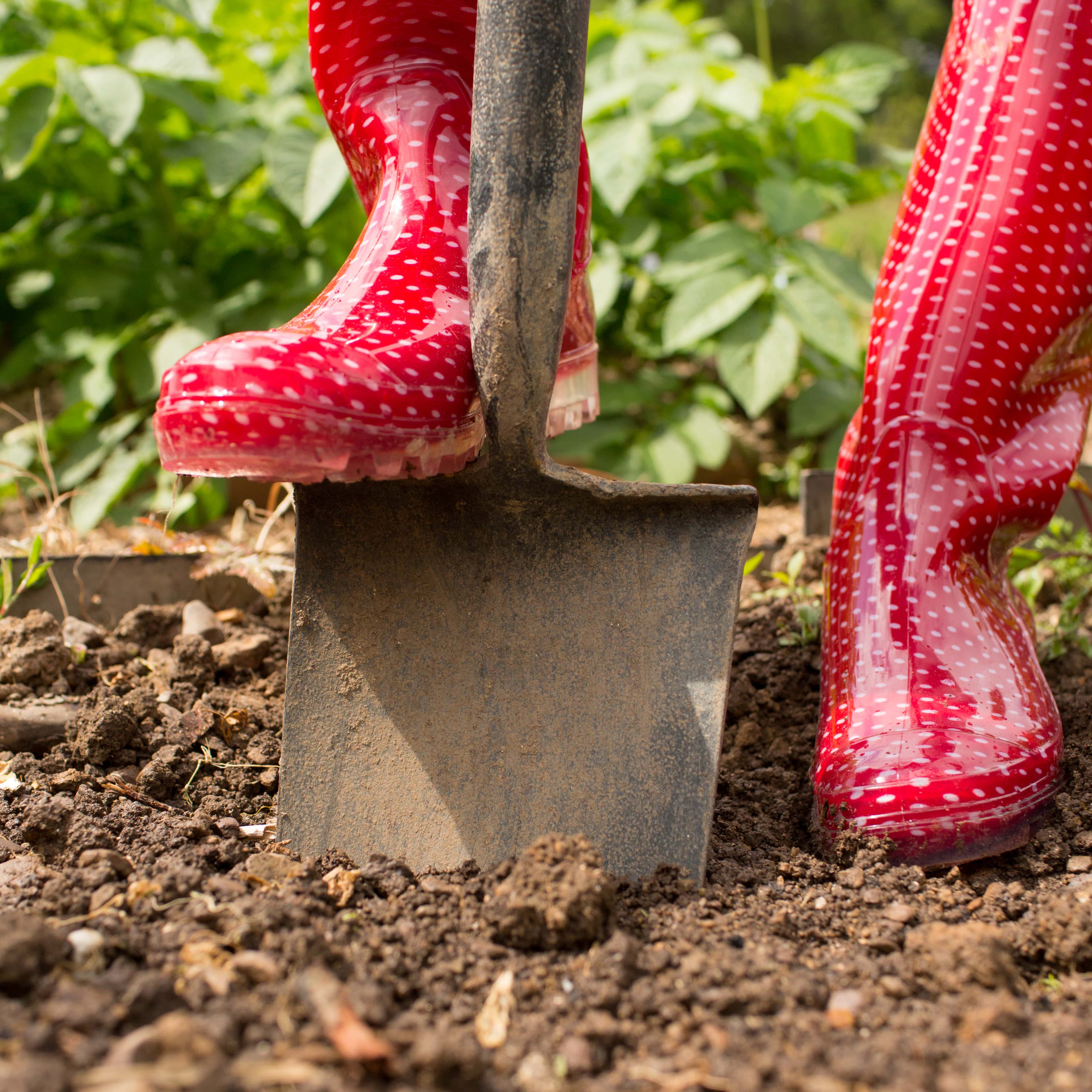
 Looking for “absolutely GORGEOUS flowers” for Valentine’s Day? Cannabis flowers, that is? Full Circle Pharm in Potter Valley, California has just what you need. That’s according to Eli Melrod, owner of Solful dispensary in Sebastopol where you can buy Full Circle’s Blueberry Muffin, Dragonfruit and KC-36.
Looking for “absolutely GORGEOUS flowers” for Valentine’s Day? Cannabis flowers, that is? Full Circle Pharm in Potter Valley, California has just what you need. That’s according to Eli Melrod, owner of Solful dispensary in Sebastopol where you can buy Full Circle’s Blueberry Muffin, Dragonfruit and KC-36.
This gem of a biodynamic farm came through the Northern California wildfires last October fairly well. Owner Michelle Webb-McIntyre said the under-reported windstorms that ramped up the fires were nearly as destructive, but her section of the valley was spared most of the fire damage.
Aside from the cannabis grown here, Michelle said the farm produces 20 acres of sustainably grown/dry farmed, certified biodynamic grapes of Pinot Noir and Chardonnay.
Full Circle Pharm sits on some of the extensive biodynamic acreage that Frey Vineyards has developed for more than 20 years. Michelle spoke glowingly about her years learning at Frey and becoming a friend of the Frey family. Frey Vineyards, by the way, lost several farm buildings and the vines along the edges of their property in the October blazes. Michelle’s time at Frey led to her opportunity to work her own stretch of farm heaven on a plot of Potter Valley land that was already certified as biodynamic. So, what is biodynamic farming, anyway?
Demeter Association, Inc. is the certifying organization for biodynamic farming. According to their website, Demeter-USA.org, biodynamic agriculture is the brainchild of Rudolf Steiner, Swiss philosopher, scientist, and visionary founder of the Waldorf School. After World War I, chemicals used to produce weapons were adapted to make the first non-organic fertilizers; farmers were encouraged to operate their farms more like factories. But, in just a few years, problems cropped up. In 1924 Steiner taught his “Agricultural Course” to European farmers concerned about declining seed fertility, animal health, and crop yield.
Biodynamic agriculture is ecologically focused; the farm is treated as a living organism as all systems are carefully nurtured for maximum health and sustainability, even the storage and processing facilities.
Michelle says she is “feeding the soil… if you take care of the soil, it takes care of the rest.” Biodynamic farms integrate plant, animal and mineral components to maintain bountiful soil fertility. “Specialty Food Magazine” calls it “organics 2.0” but it is much more than organic farming. Biodynamic certification requires everything that organic certification does — and more.
Demeter International was formed in 1928 to promote Steiner’s ideas; they established the Biodynamic Farm Standard for regenerative agriculture, which is still used to certify farms today. Their mission is to spread what Steiner called a ”diversified, balanced farm system.” Demeter focuses on “the triple bottom line: ecological, social, and economic sustainability.” According to their website, certification requires that a farmer start with land already kept to an organic standard and then amended with biodynamic inputs for one-three years before planting. In the certification or recertification process, everything from seed to processing is examined.
Furthermore, ”Emphasis is on the generation of farm inputs out of the living dynamics of the farm itself, rather than being imported from the outside,” the company reports. ”Specially prepared medicinal plants, minerals, and composted animal manures help increase… vitality.”

Farmers grow and compost a range of medicinal plants in perennial beds for application to fields. The basic six are: yarrow, chamomile, stinging nettle, oak bark, dandelion, and valerian. Unwanted plant and insect species are dealt with through the robust health of the plants and by moving grazing animals — chickens, sheep, cows, goats — throughout the planted areas, adding manure as well. Each farm is like a mini-world: sustainable, vital, bursting with health, complexity, and beauty. Or “chaos” as Michelle affectionately put it.
Also important to this form of agriculture — lunar cycles. “All life is strongly dependent on the rhythms of the Earth,” Michelle explained, that includes cosmological influences, which seem to be the most used sowing schedule across the globe.“We easily understand gravitational pull when we can clearly see the moon phases and how they have an incredible influence on water at large,” she added. It’s seen through the rising and falling ocean tides, and even on a microscopic level… “[…]in soil fertility, plants nutritional uptake, sap production, seed germination, faster cell division, and a sharp increase in fungal growth and development.”
This is Michelle’s world — her gorgeous cannabis varieties, her grapes, and her veggie crops. This is her life of integrity and hard work, though she says the hardest workers on her farm are her free-range chickens. They inspect and debug every inch of the property. She benefits from strong community too, a community seeing each other through the aftermath of ravaging fire and windstorms. Michelle spoke highly of her vineyard, cattle, sheep and horse farming neighbors, all part of a community that shares equipment, farm products, and work.
Michelle’s world is one of vision and courage as well. Vision has driven her to start a biodynamic seed bank with support from Demeter. She is looking for seed donations from Clean Green Certified, biodynamic cannabis breeders, and growers throughout Mendocino and Humboldt counties.
Michelle’s courage is evident in her take on the fluctuating legal and economic situation for California cannabis farmers these days. California just legalized social use but to the federal government, now that she must register with and pay taxes to the state and county, she is “an openly admitted felon.” Michelle spoke of cannabis having a “soap box now.” It’s a platform from which to bring compassionate medicine, gorgeous flowers, and the honorable stewardship of biodynamic farming to the attention of more people. She said, “we are writing history now.”
For more information, visit Demeter-USA.org



Leave a Reply